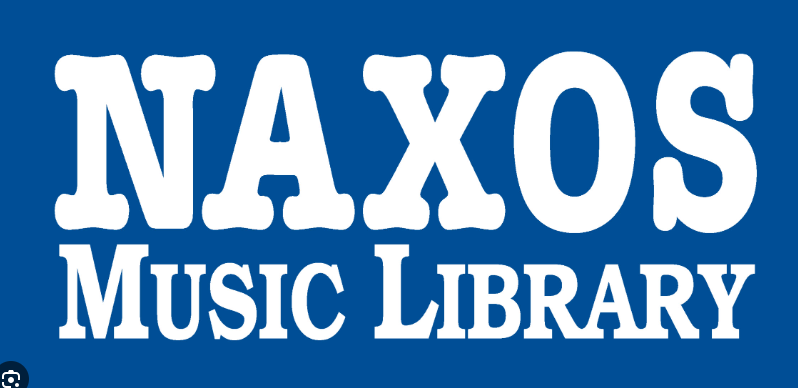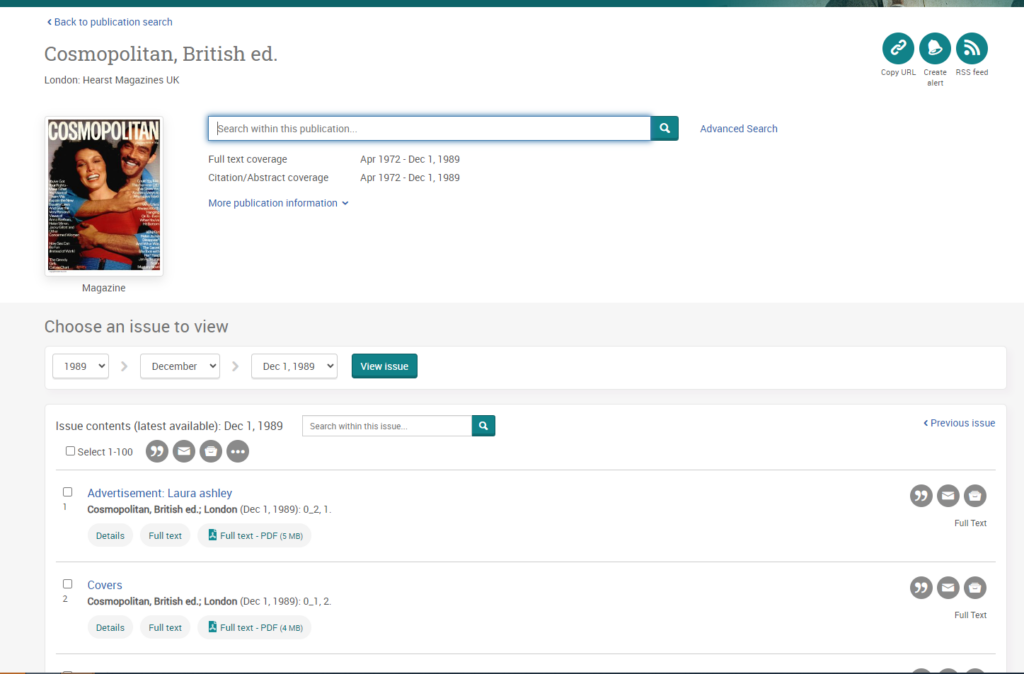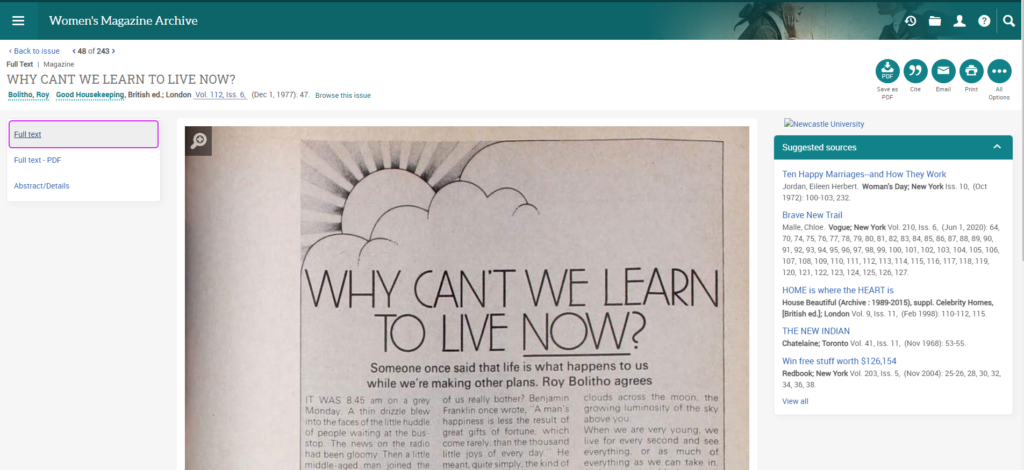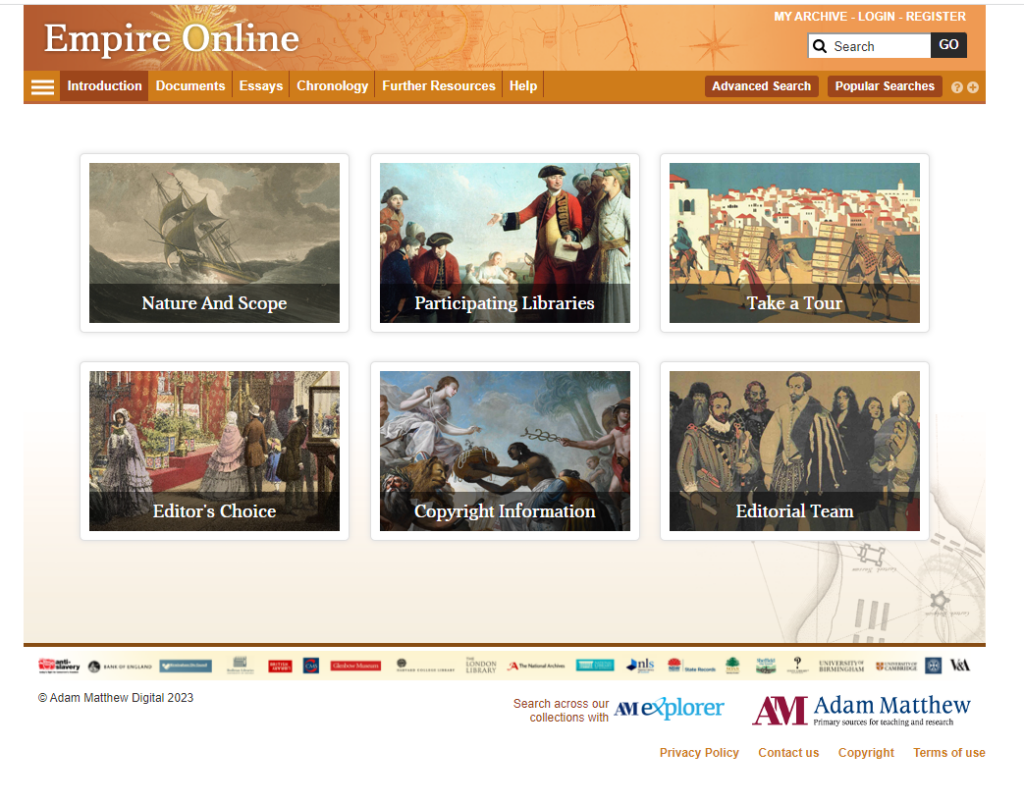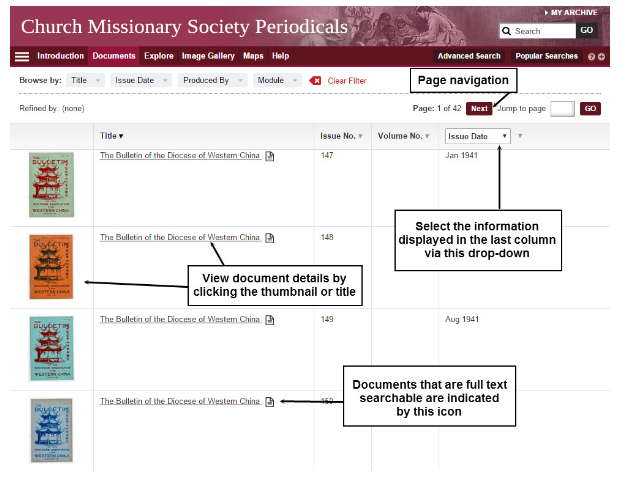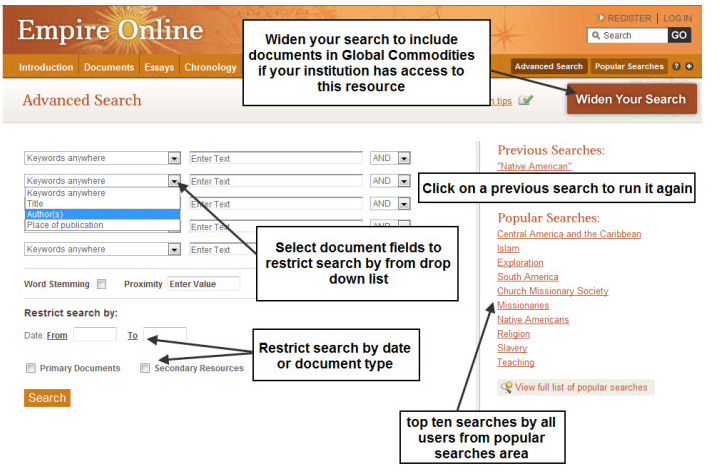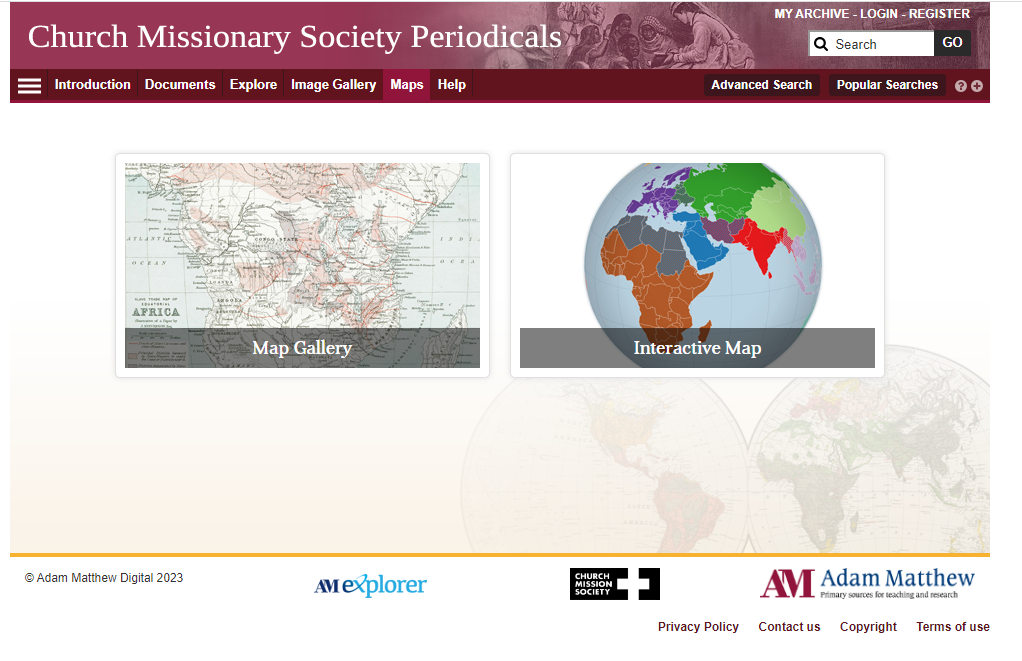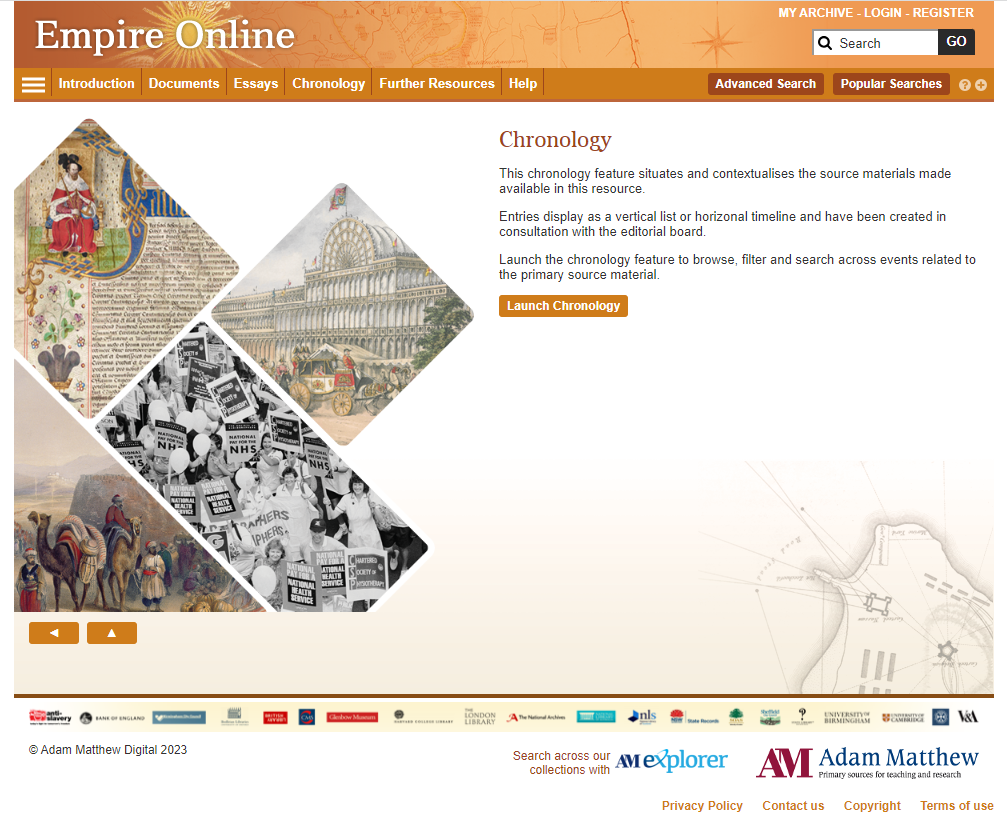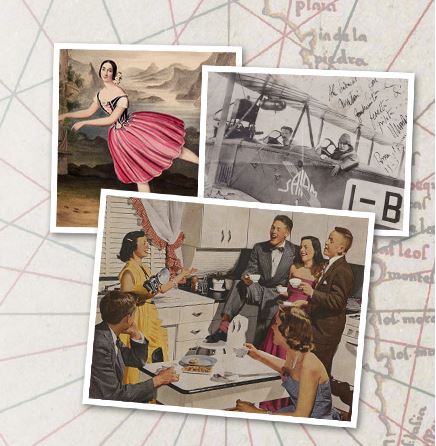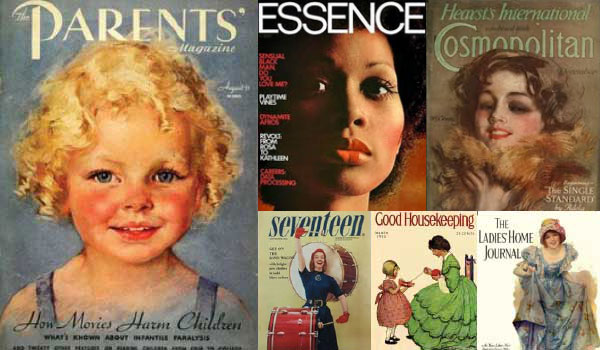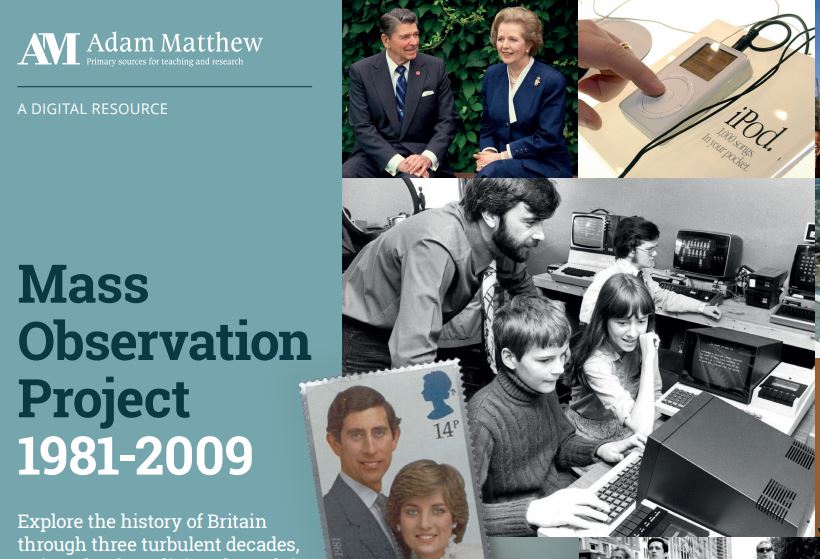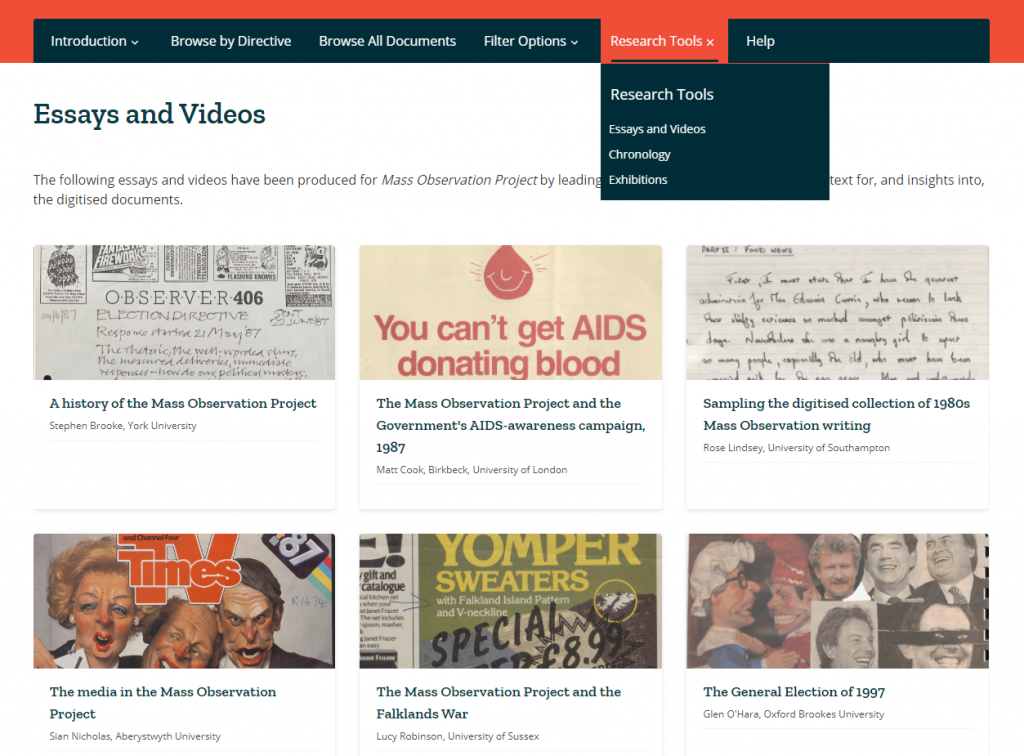
The Library is pleased to confirm that we are currently hosting a trial to Nineteenth Century Collections Online (NCCO), a Gale Primary Sources resource.
NCCO is the result of partnerships between Gale and almost one hundred libraries to preserve and make digitally available content for academic research. NCCO unites multiple, distinct archives into a single resource of over one hundred types of primary source documents; it consists of monographs, newspapers, pamphlets, manuscripts, ephemera, maps, photographs, statistics, and other kinds of documents in both Western and non-Western languages.
The NCCO platform comprises 12 thematic collections, including:
- Asia and the West: Diplomacy and Cultural Exchange
- British Politics and Society
- British Theatre, Music, and Literature: High and Popular Culture
- Children’s Literature and Childhood
- European Literature, the Corvey Collection, 1790–1840
- Europe and Africa, Colonialism and Culture
- Maps and Travel Literature
- Photography
- Religion, Reform, and Society
- Science, Technology, and Medicine, Part I
- Science, Technology, and Medicine, Part II
- Women and Transnational Networks
The following video provides more information on one of the collections, as an example: British Politics and Society.
Newcastle University staff and students may login to the platform here.
The trial is live until Thursday 29th February 2024. If you need any support or assistance in using the platform them please do not hesitate to get in touch.
We are very keen to hear your feedback on this resource, so please do let us know by commenting below or by contacting us at libliaison@newcastle.ac.uk.


